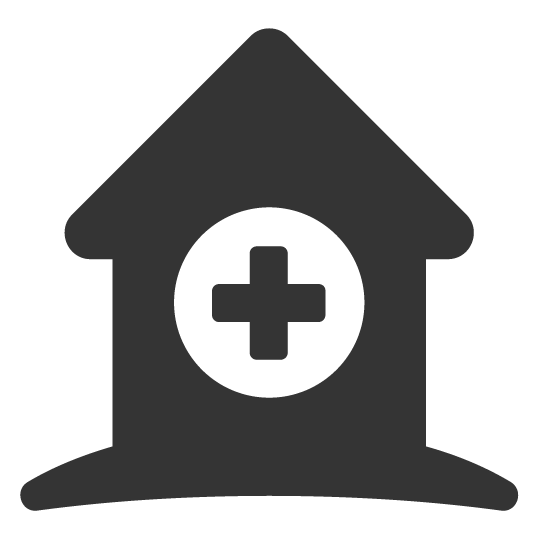Home > Resources > Crisis Care
What Is Crisis Stabilization?
A mental health or substance use crisis can take many forms-self-harm, panic attacks, suicidal ideation, getting in trouble with the law, planning or considering hurting one's self or others, or an addiction crisis. If you or someone you love is experiencing a crisis, the first step is to get immediate help.
There are several options for getting help during a crisis. A 24-hour crisis phone line such as the 988 Suicide and Crisis Lifeline can provide assessments and preliminary counseling and connect you to information and referral services. Crisis respite and residential services can help a person in crisis stabilize and connect with possible sources of ongoing support.
But for those who need immediate, in-person treatment, a crisis stabilization unit can provide patients with a safe, secure environment for behavioral health intervention.
Below are some terms to know when it comes to crisis care and treatment.
A mental health or substance use crisis occurs when a person's behavior changes in such a way that it could put themselves or others at risk of hurting themselves or being unable to function normally in daily life.
While there are not always warning signs of a mental health or substance use crisis, there are various warning signs that can indicate you or someone your love is experiencing a crisis. These signs may include:
Thinking about suicide
Inability to carry out daily activities or handle daily problems and stress
Feeling excessively sad or low
Confused thinking or problems concentrating and learning
Extreme mood changes, including uncontrollable "highs" or feelings of euphoria
Excessive worrying or fear
Prolonged or strong feelings of irritability or anger
Avoiding friends and social activities
Difficulty perceiving reality (delusions or hallucinations, in which you experience and sense things that don't exist in objective reality)
Overuse of substances like alcohol or drugs
A crisis-receiving facility provides crisis stabilization services to people in need of urgent care for mental health issues or a substance use disorder or both. Similar to an emergency room, a facility-based, walk-in crisis center provides short-term, behavioral health crisis intervention, offering a community-based, voluntary, home-like environment as an alternative to more restrictive settings. In addition, crisis stabilization services provide an alternative to costly, overcrowded emergency rooms.
Guests admitted to a crisis-receiving facility are assessed by nurses, licensed mental health professionals, psychiatric nurse practitioners, or psychiatrists to determine if the individual meets one of the three criteria: a danger to self, others, or gravely ill. If one of the three criteria applies, the treating physician issues a physician emergency certificate, and the guest remains involuntarily committed.
 What Are Crisis Stabilization Units?
What Are Crisis Stabilization Units?
Crisis Stabilization Units (CSU) are small inpatient facilities of 16 crisis chairs or beds or less for people in a mental health crisis whose needs cannot be met safely in residential service settings. CSUs may be designed to admit on a voluntary or involuntary basis when the person needs a safe, secure environment that is less restrictive than a hospital. CSUs try to stabilize the person and get him or her back into the community quickly.
During a crisis, guests are provided clinical, medical, and recovery-oriented treatment through a person-centered approach to address their immediate needs. Guests receive an individual treatment plan based on medical necessity. The majority of individuals are stabilized within the first 23 hours. Individuals who require more extended stabilization may stay one to five days.

